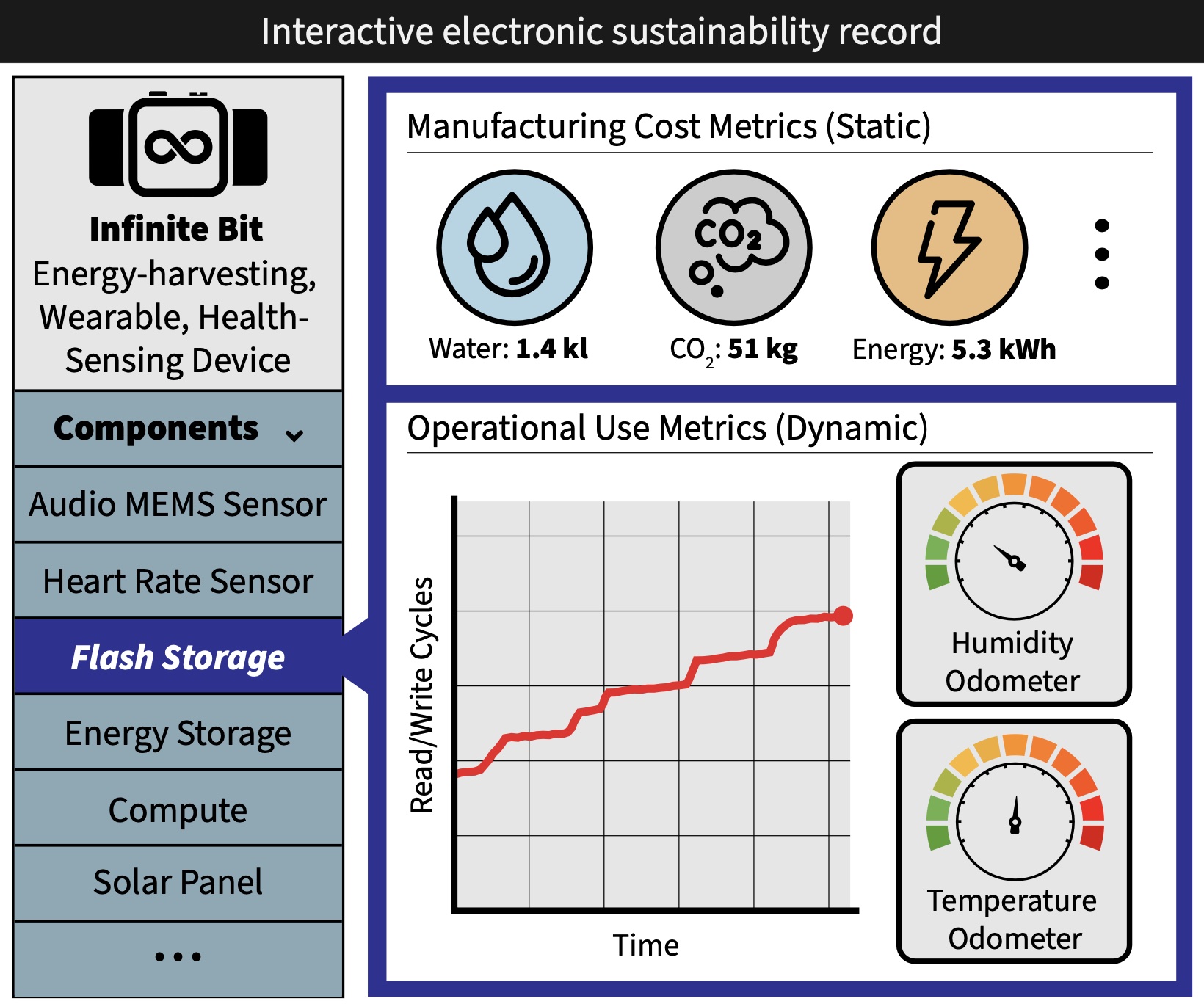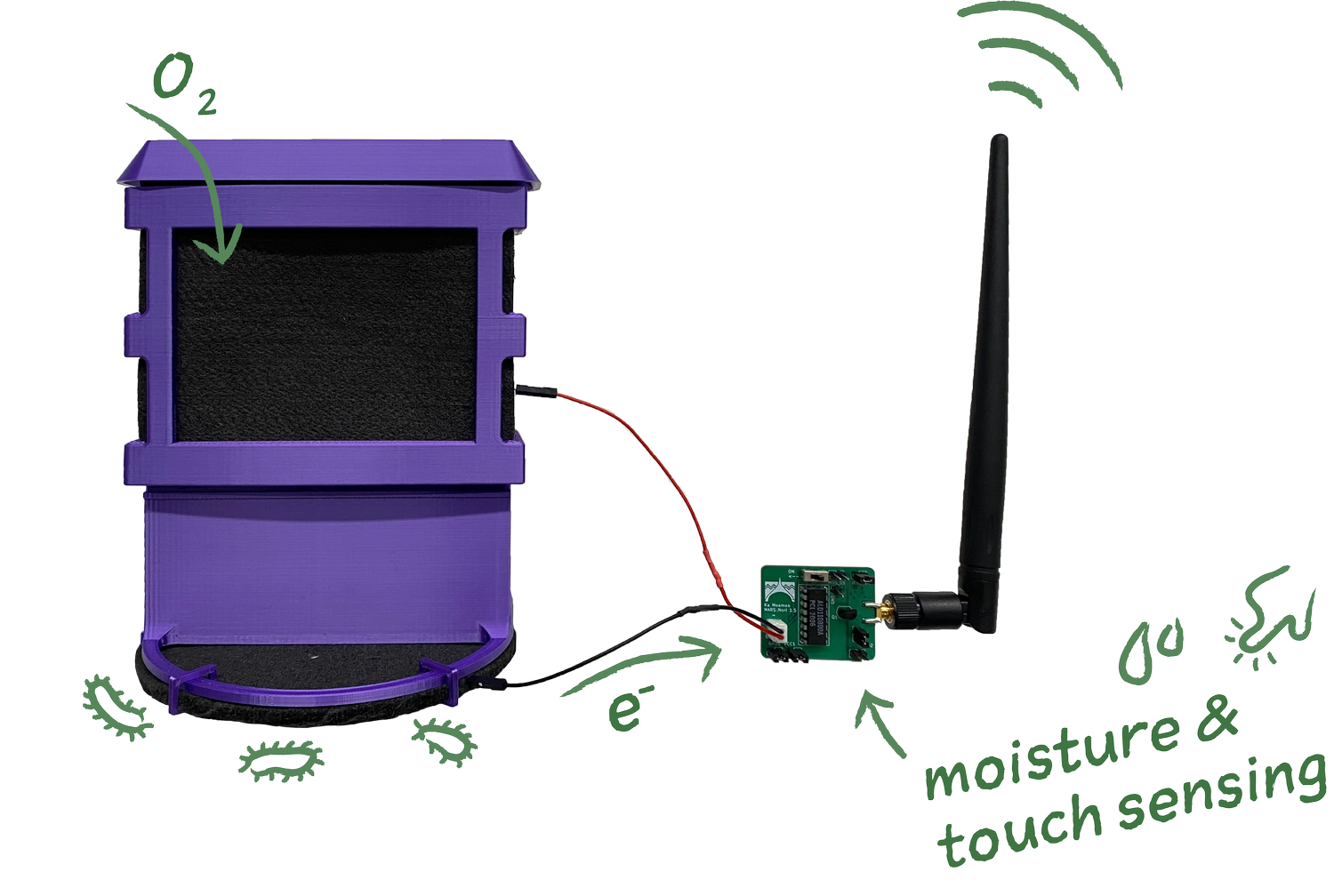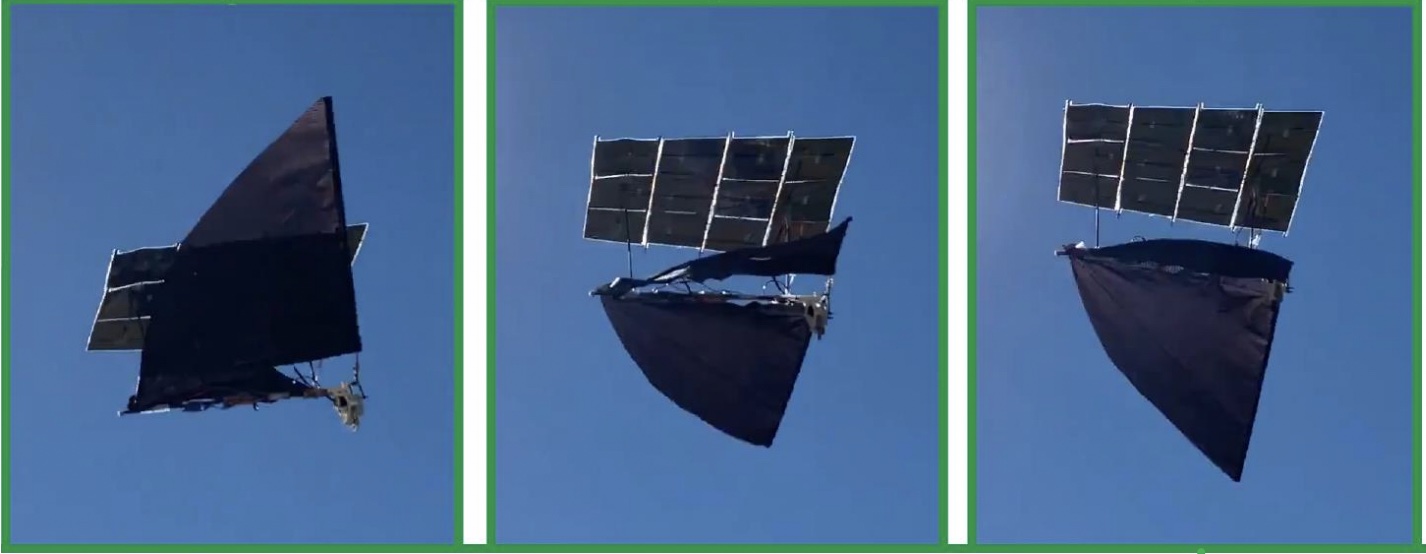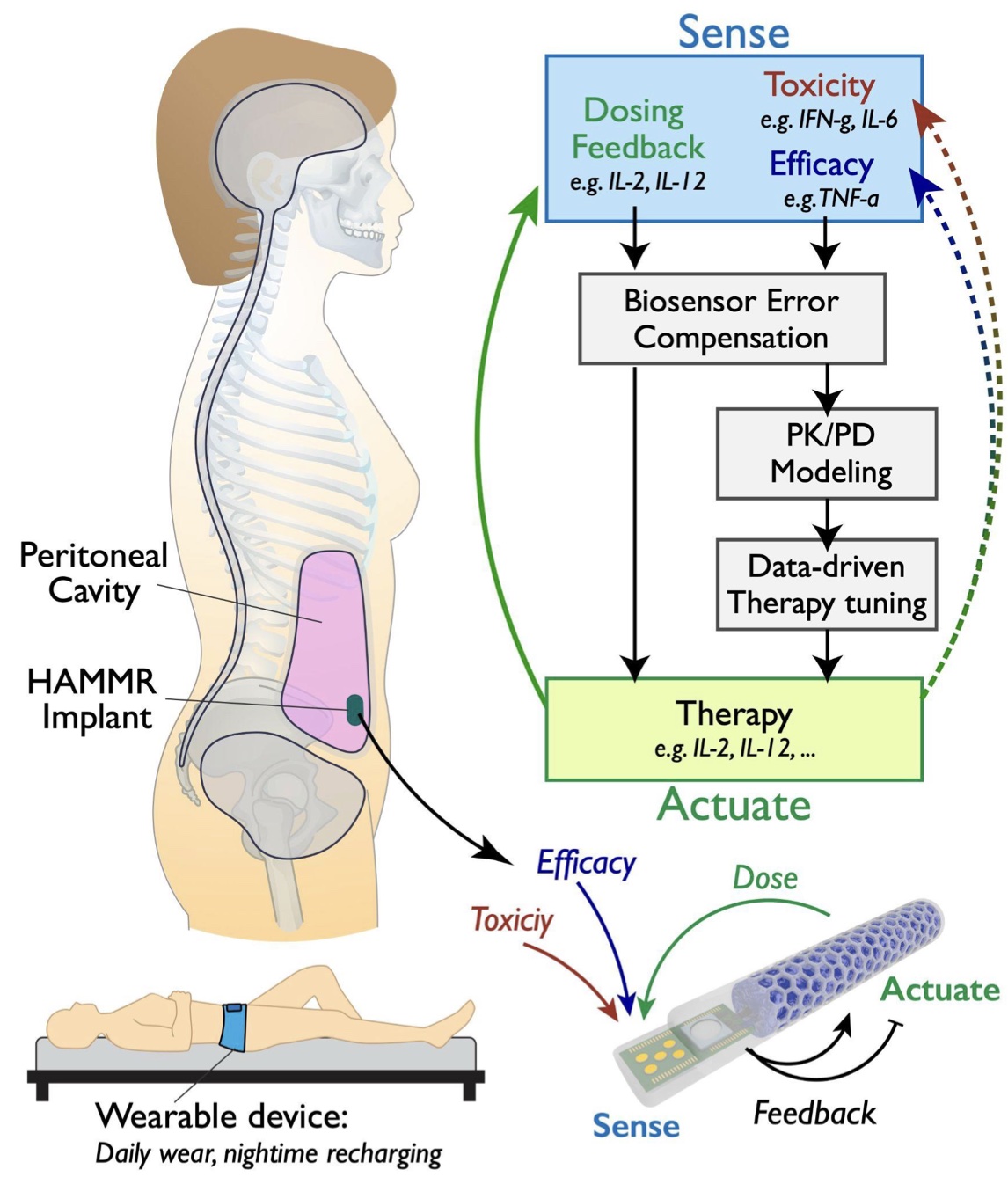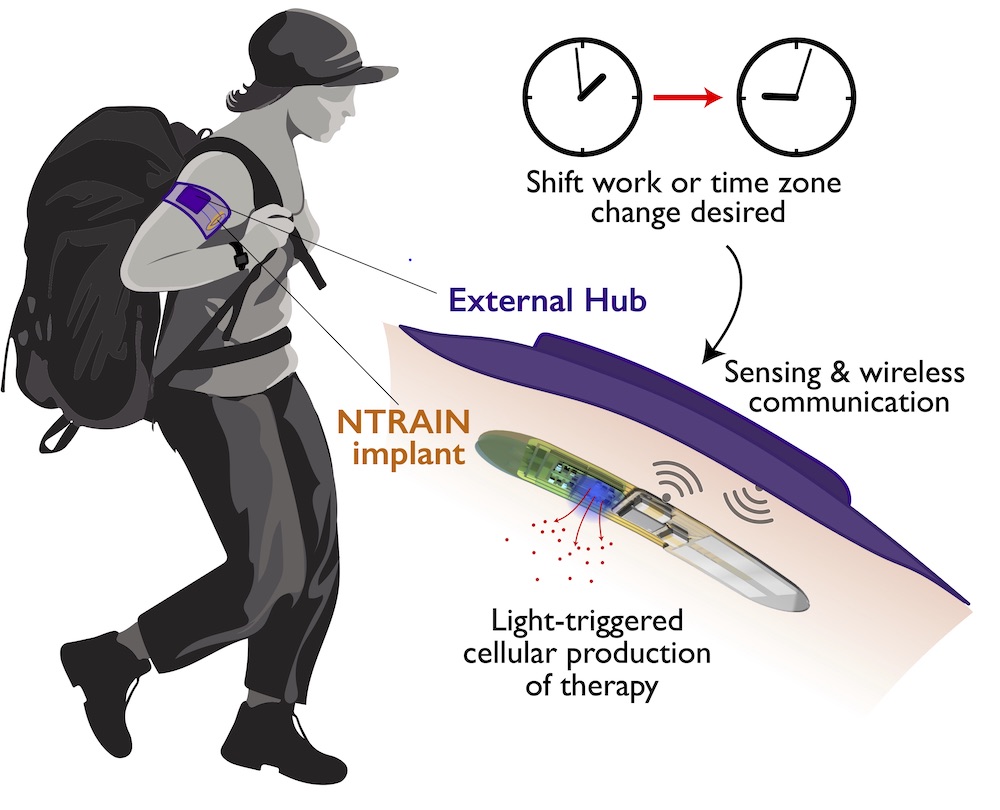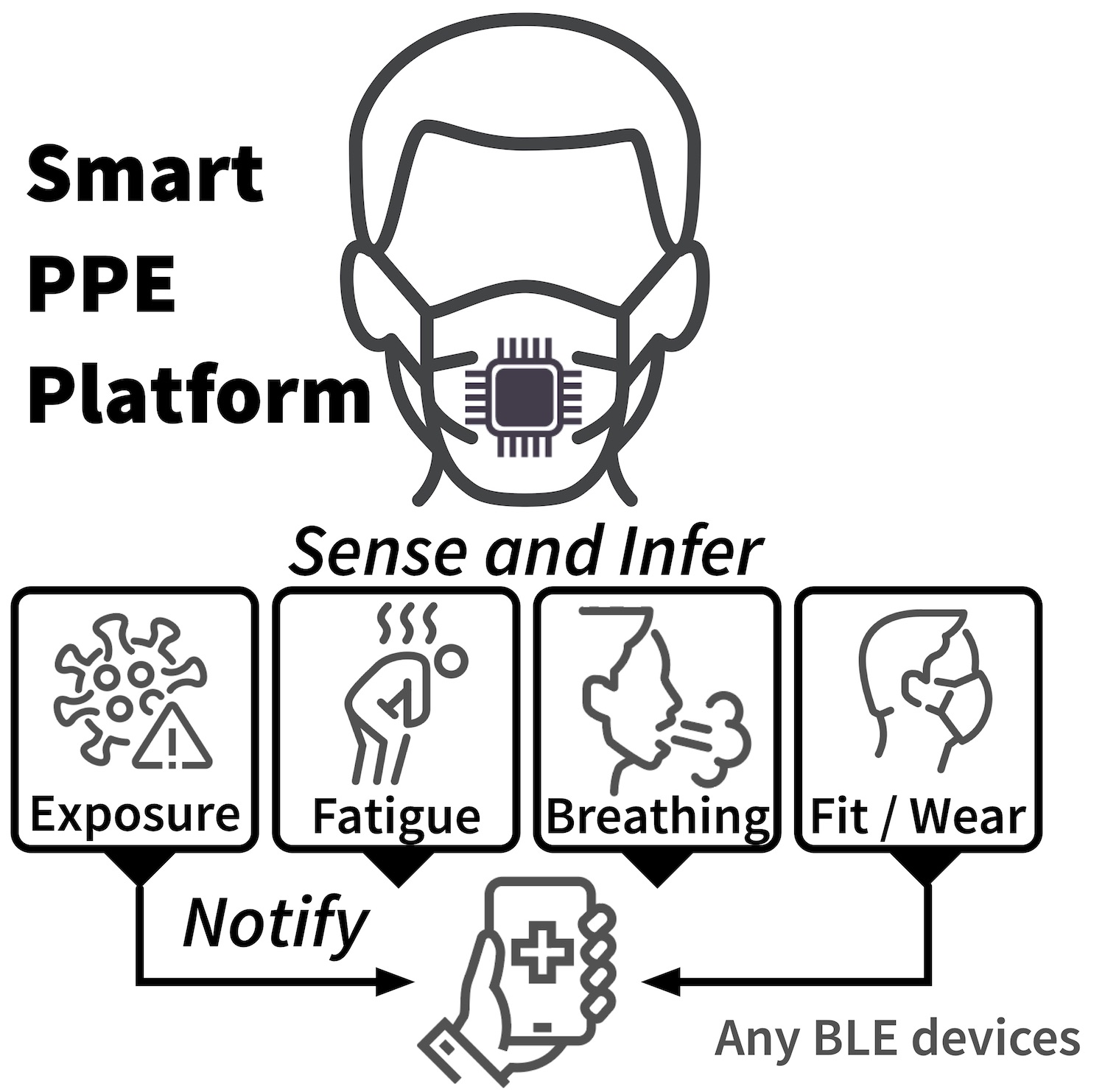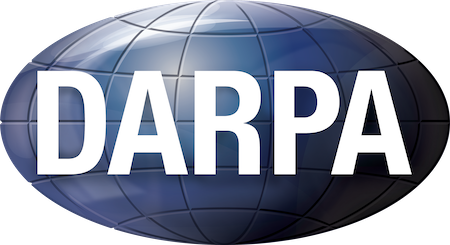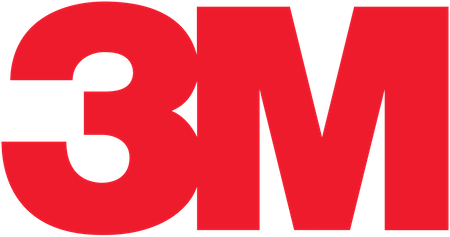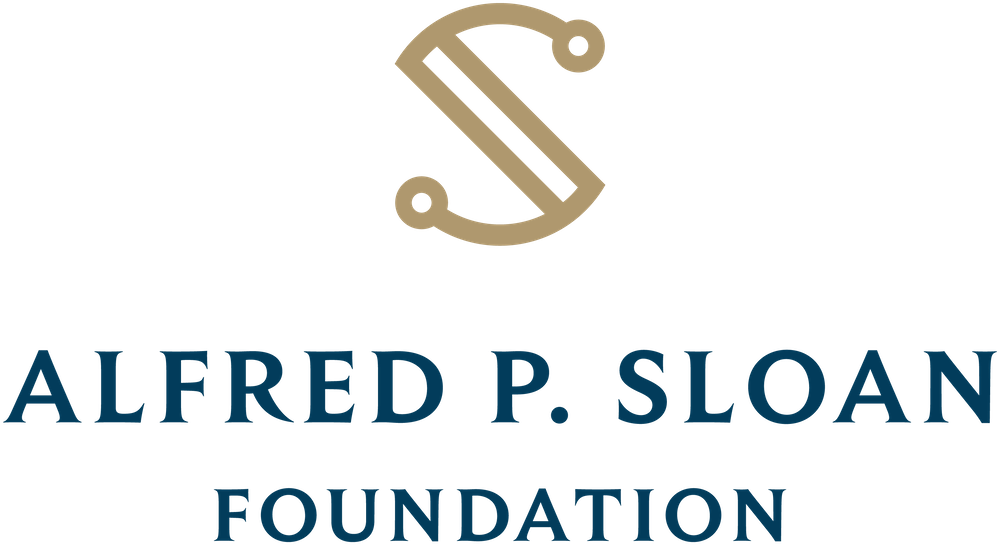Josiah Hester
Associate Professor of Interactive Computing and Computer Science
College of Computing
Georgia Institute of Technology
Lab News
Press Highlights: Popular Science, Scientific American, Bulletin of the Atomic Scientists, Independent, The Wall Street Journal, CNET, Communications of the ACM, BBC Newsday, Smithsonian, Guinness Book of World Records, Seeker, ACM Tech News, Mongabay, Crain’s Business.
(11/2024) TerraCell won 1st in the 2024 Prototypes for Humanity competition in the Energy category!
(10/2024) Leading the bioelectronics effort for a $35 million ARPA-H effort fighting diabetes.
(10/2024) We presented Kaona, a Hawaiian Futurism tabletop RPG game at CHI Play!
(07/2024) A successful season complete of manoomin sensor check-ins with Wisconsin tribes.

(05/2024) Our work on manoomin conservation discussed in the NYTimes and Mongabay!
(05/2024) Our JMIR article on equity and wearables featured in Crain’s Business, and on CBS News!
(03/2024) We led a Communications of the ACM review paper on intermittent computing!
(01/2024) Dirt powered computing paper published in IMWUT and in the press. (12/2023) We had the honor of hosting Georgia Tech’s President Angel Cabrera in our lab!
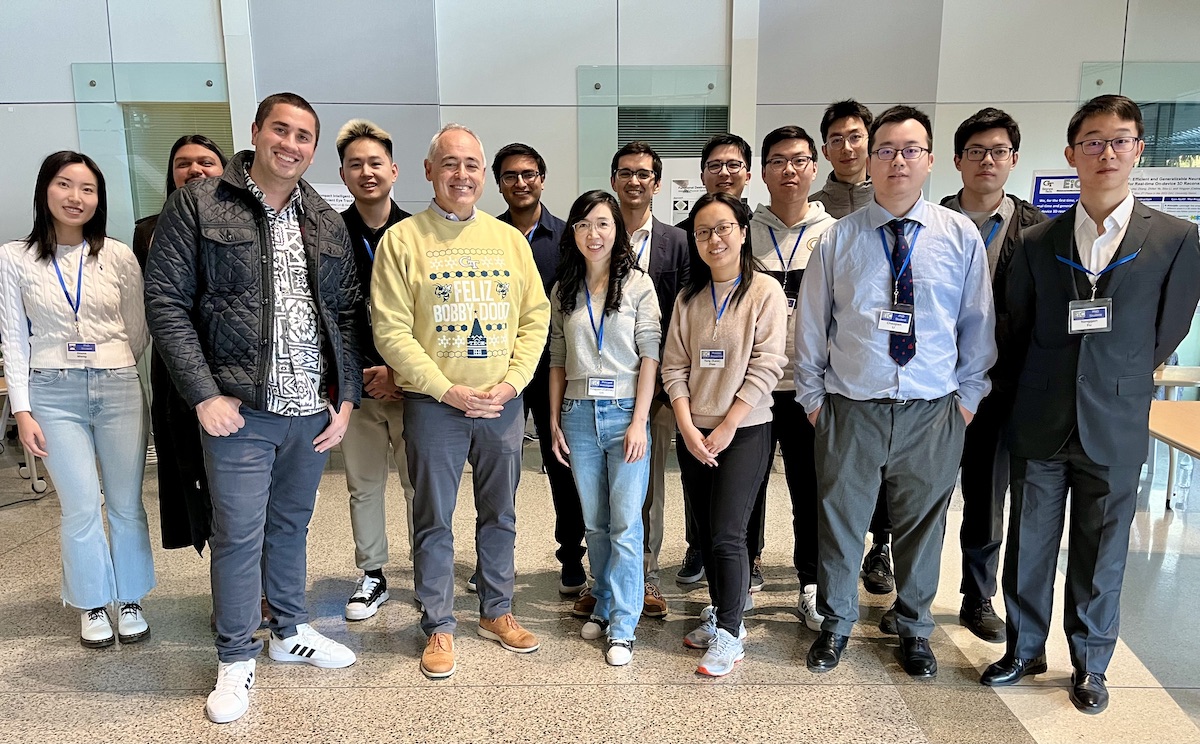 –>
–>
(10/2023) NSF Grant ($2 million) on carbon nutrition labels for IoT devices with Cornell and Harvard. (09/2023) Our lab is part of a $45 million ARPA-H effort to cut cancer deaths in half! Led by Rice University, with MD Anderson Cancer Center, CMU, Northwestern, and others on the project.
(09/2023) John presented our award winning paper on Interaction Harvesting at ACM UbiComp!
(07/2023) Tingyu presented on challenges for transient devices at HotCarbon.
(06/2023) Panelist for a plenary panel on equitable evaluation at ACM RESPECT.
(06/2023) Rishabh presented our work on Batteryless flying things at DroNet.
(05/2023) Keynote for the staff of the National Academies (NASEM) DEI Speaker Series.
(05/2023) Stefany presented our EquityWare work, on inclusive design of wearables at ACM CHI.
(03/2023) Protean named a SIGMOBILE Research Highlight, printed in GetMobile Magazine.
(11/2022) We won Best Position Paper Award at ENSsys for approaches to circularity in computing!
(11/2022) Protean is presented at ACM SenSys 2022, the first major result from my NSF CAREER award! (10/2022) I was awarded a VMware Early Career Faculty Award! (09/2022) Prof. Hester gave a Keynote Address at Tapia Conference! (09/2022) After five amazing years at Northwestern, the lab has moved to Georgia Tech! (08/2022) NSF has funded our $5 million Coastlines and People regional Hub on sustainability! Focusing on Manoomin (wild rice) as a lynchpin of the ecosystem and indigenous led conservation! (05/2022) Prof. Hester wrote on sustainable computing for United Nations DESA in the SDG blog. (04/2022) ACM Tech News covers our work on battery-free MakeCode. (02/2022) Prof. Hester won his NSF CAREER Award on Intermittent Computing. (02/2022) National Science Foundation News covers our FaceBit project!. (02/2022) Prof. Hester named a Sloan Fellow in Computer Science! (01/2022) Quoted in the Washington Post about FaceBit and the future of excercise. (01/2022) Live interview with Sylvia Perez on Good Day Chicago (FOX32) about FaceBit! (01/2022) FaceBit, our smart face mask, covered by Scientific American, TechCrunch, and Gizmodo! (10/2021) Prof. Hester named Outstanding Young Alumni by Clemson University Engineering! (09/2021) Named to the Brilliant 10 by Popular Science for powering electronics without batteries!
Lab Director Biography
Josiah Hester holds the Allchin Chair and is Associate Professor of Interactive Computing and Computer Science at Georgia Tech. Josiah was previously at Northwestern as an Assistant Professor. He works in intermittent computing and battery-free embedded computing systems. He applies his work to health wearables, interactive devices, and large-scale sensing for sustainability and conservation, supported by multiple grants from the NSF, NIH, and DARPA. He was named a Sloan Fellow in Computer Science and won his NSF CAREER in 2022. He was named one of Popular Science’s Brilliant Ten, won the American Indian Science and Engineering Society Most Promising Scientist/Engineer Award, and the 3M Non-tenured Faculty Award in 2021. His work has received six Best Paper type Awards and seven Best Presentation type Awards, and featured in the Wall Street Journal, Scientific American, BBC, Popular Science, Communications of the ACM, and the Guinness Book of World Records, among many others.
Research Overview
We hold the vision that the untethered computing devices—wearables, implantables, energy harvesting sensors—hold significant promise for revolutionizing global scale applications across healthcare, environmental stewardship, infrastructure management, and space exploration.
Our research is concerned with the underlying computer systems principles, human factors, and behavioral issues that arise by bringing this vision to reality. We explore and develop radically new hardware designs, software techniques, tools, and programming abstractions so that developers can easily design, debug, and deploy intricate energy aware applications that work in spite of frequent power failures, constrained resources, and unpredictable conditions.
Research Approach: We build fully integrated, end-to-end computer systems to demonstrate the efficacy of the underlying scientific advancement we are concerned with. We run physical experiments to validate our hypothesis on hard benchmarks. We run user studies in the wild to test our sensing technologies, gathering quantitative and qualitative results that inform future work and guard against failures.


